Logstor prone for growth under new ownership
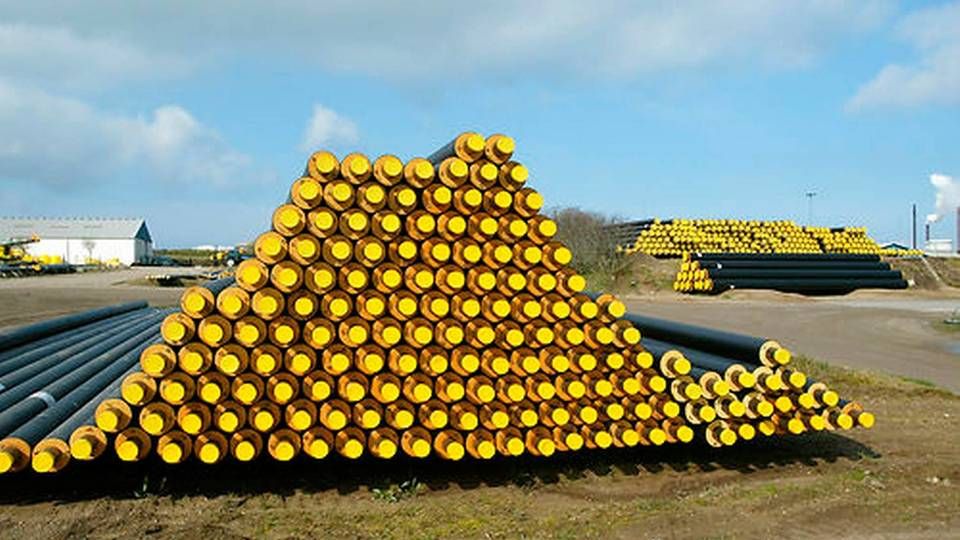
Things are going well for Logstor, a Danish manufacturer of pre-insulated pipe used in a variety of energy optimization projects.
In 2017, the company launched its Black to Black strategy, which just like Amy Winehouse's eponymous single came to be following a tumultuous period even though the group's target was the direct opposite of the pop star's foreshadowed vice leading to turpitude. For Logstor, rather, the plan was about turning around years of operating deficit and increasingly poor results.
Upon finally achieving its goal, the company set out upon a new direction dubbed Back for Good a suitably named plan rhyming with Take That's chart-topper from 1995, which with a sole exception was also the year when Logstor stole the airwaves with a double-digit profit ratio.
Until now, that is.
With a bottom-line result of DKK 146m (EUR 19.6m), Logstor finds itself keeping in tune by only playing black keys for the third consecutive year, all while the tempo keeps gaining in beats per minute. The annual profit ratio of 12.1 percent was not only significantly higher than the two preceding years but marked the group's most acclaimed performance since the upbeat mid-1990s.
Even though many hits ranging from Back to the USSR to Baby got Back could just as well have laid their names to a new company's new strategy, there's no talk about of transposing the tune into a different clef.
"I will take note of these, but we're still in Back for Good, as it both signals that we are at a fine level and that we're there to stay," says Logstor Chief Executive Kim Christensen.
"It's also about us wanting to incorporate an aspect involving growth. We have withdrawn from some poor agreements, have reestablished a super earnings level, and we will now not fall back into the same level as 2019. Now we're well underway with 2021 and will accelerate top-line growth."
Big price hike forewarned
To remain a while within musical analogies, this new velocity is also tied to the group signing a new record deal with a bigger label. Ireland's Kingspan purchased Logstor last week, thereby marking the first instance since the 1990s not under private equity ownership, the last seven to eight years in the form of German-Swedish Triton.
There is, however, also another pathway to achieve a new reality that makes it albeit involuntarily easier to manifest the goal of top-line growth. After last year's Covid-19-related market fatigue and, not least, price increases resulting from carmakers deflating commodity values, the market has now turned with, for instance, a 25-percent surge in steel prices. In February, this promoted Logstor to announce 12-18-percent price hikes.
"This is one of the real big challenges for 2021, and such a price increase can be hard to swallow. But there's no way around it, because both we and our customers will end up paying around 50 percent more for certain critical commodities relative to last year," says Christensen, who nonetheless doesn't foresee any imminent improvement in this regard.
"The further into the future we're talking, the more it will be conjecture. However, I see this not as a temporary but rather permanent level at risk of being further challenged," he says.
Predicts acceleration in EU
However, the CEO still expects 2021 revenue to grow by around 5 percent besides what can be ascribed to price increases. Although pipes have become more expensive, Logstor is looking to a future with rising demand for its district heating pipes in particular, which make up a large part of its business.
Partly on its home market, where many heating companies are facing renovations in aging grids to increase efficiency. Partly in a number of EU countries and the UK, where the government has invested half a billion pounds sterling in rolling out district heating, estimating a potential for investments of up to GBP 22bn approaching 2050.
"Of course, price surges of this size do cause a lump in the throat. But no one chooses to implement a gas grid because district heating pipes become a bit more expensive. It's still the best way to heat houses in cities, socioeconomically speaking," Christensen says.
"Even though two thirds of the Danish population have district heating, the market is still underway. Meanwhile, the Netherlands, England, Germany and France are currently making a major transition from gas to district heating, and that trend is by no means halted by price surges or the coronavirus. On the contrary, the EU's recovery fund will really accelerate the expansion of Europe's district heating grid."
Back to Green
The potential of the European recovery fund, which will underpin the green energy transition, also underlines the probably most significant cause of this positive view, as Back to Black is an increasingly dated tune when it comes to district heating.
Conventionally, heating has most often been generated using coal. But the propagation of, for example, biomass, waste heat and geothermal energy has rendered district heating far greener. And the old-fashioned tech could become the dance partner of newer currents like digitization and the data centers entailed as well as the ubiquitous Power-to-X.
So, while Back to Black in terms of color choice is becoming increasingly passé within district heating, the profit hinted at in Logstor's Back for Good strategy could also be understood in a different way.
"Industrial surplus heat is something we're looking quite a bit into. We're seeing a lot of pipe-laying being done in the industry going out to consumers, and as long as it's thermal energy, we will have it transmitted, whether it comes from biomass, geothermal energy or PtX," the CEO states.
English Edit: Daniel Frank Christensen & Jonas Sahl Jørgensen
Logstor sold for over EUR 250m
Logstor doubled operating profit – corona blurs growth outlook
Related articles
Logstor sold for over EUR 250m
For subscribers

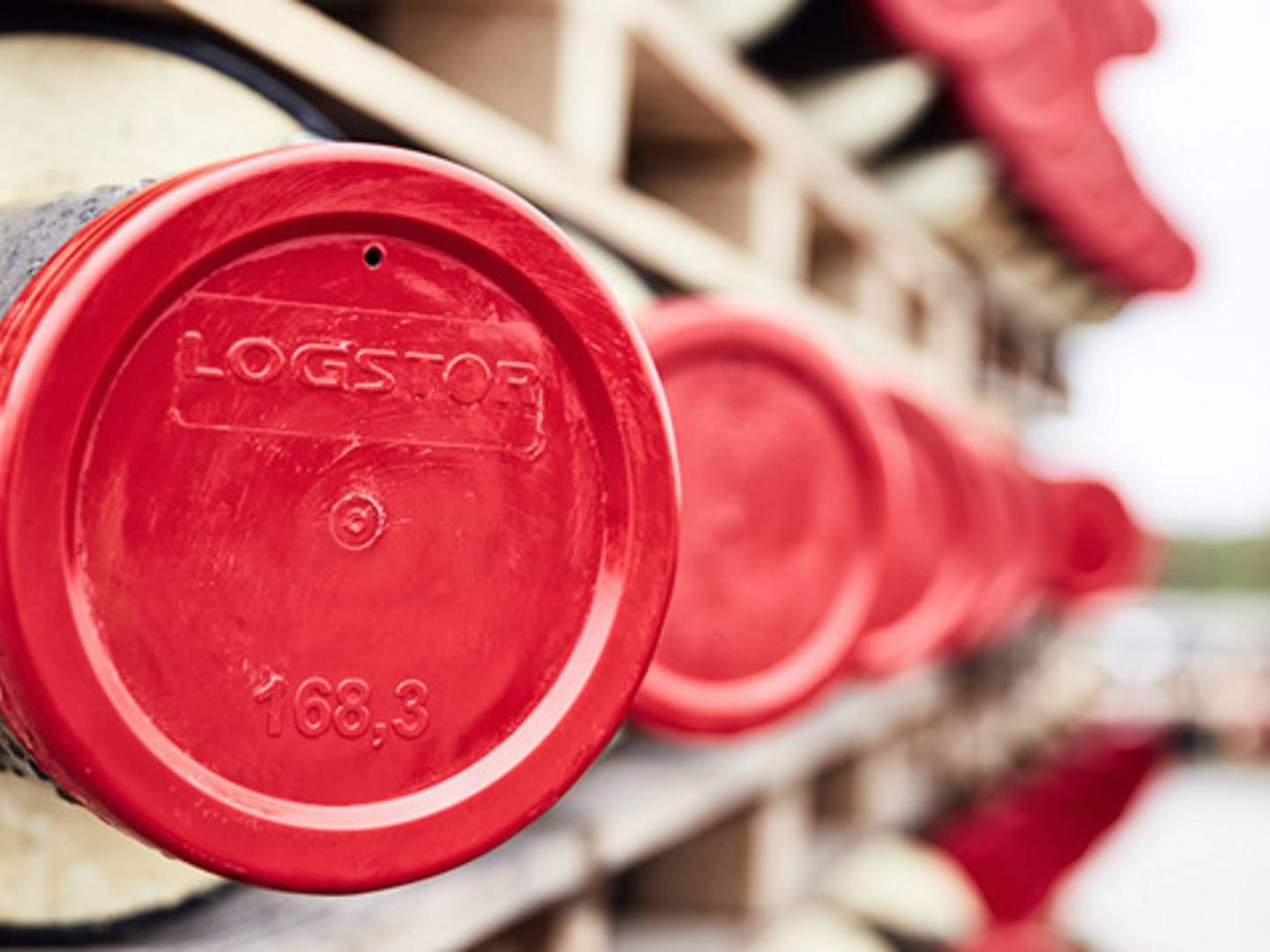
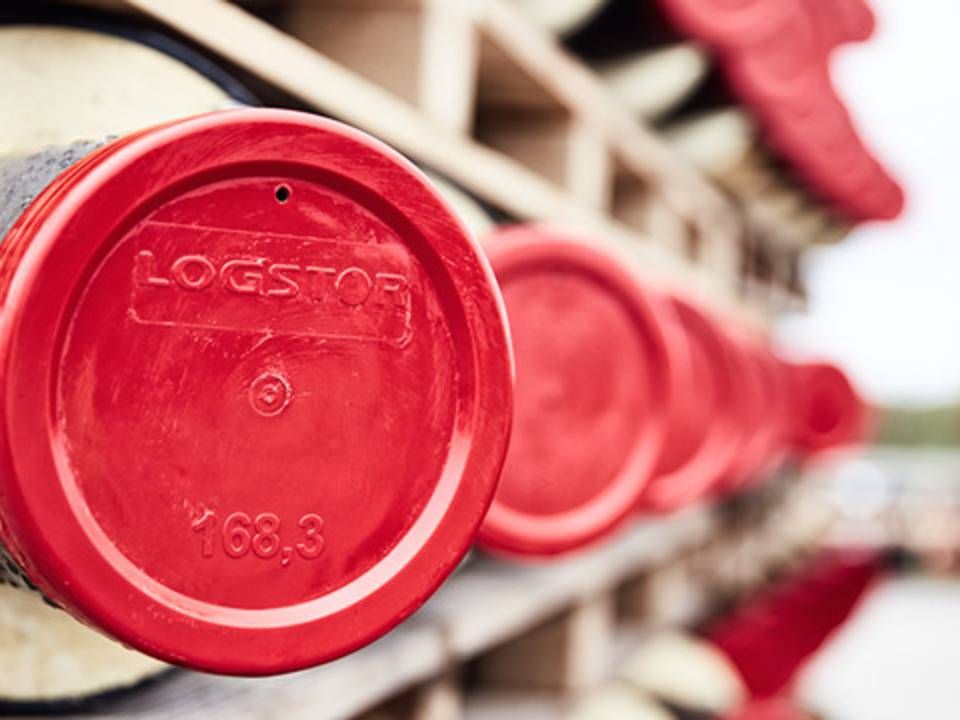


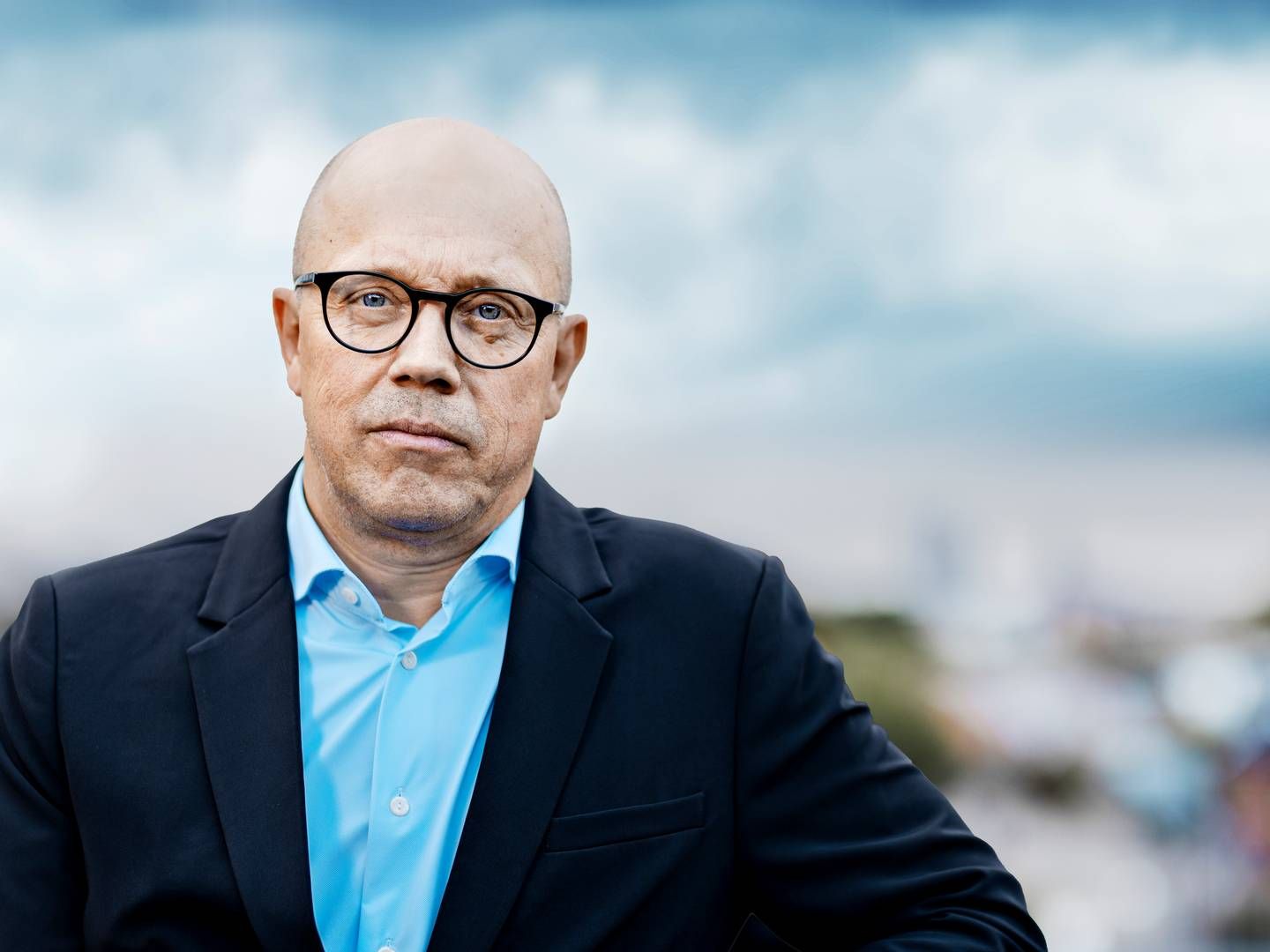





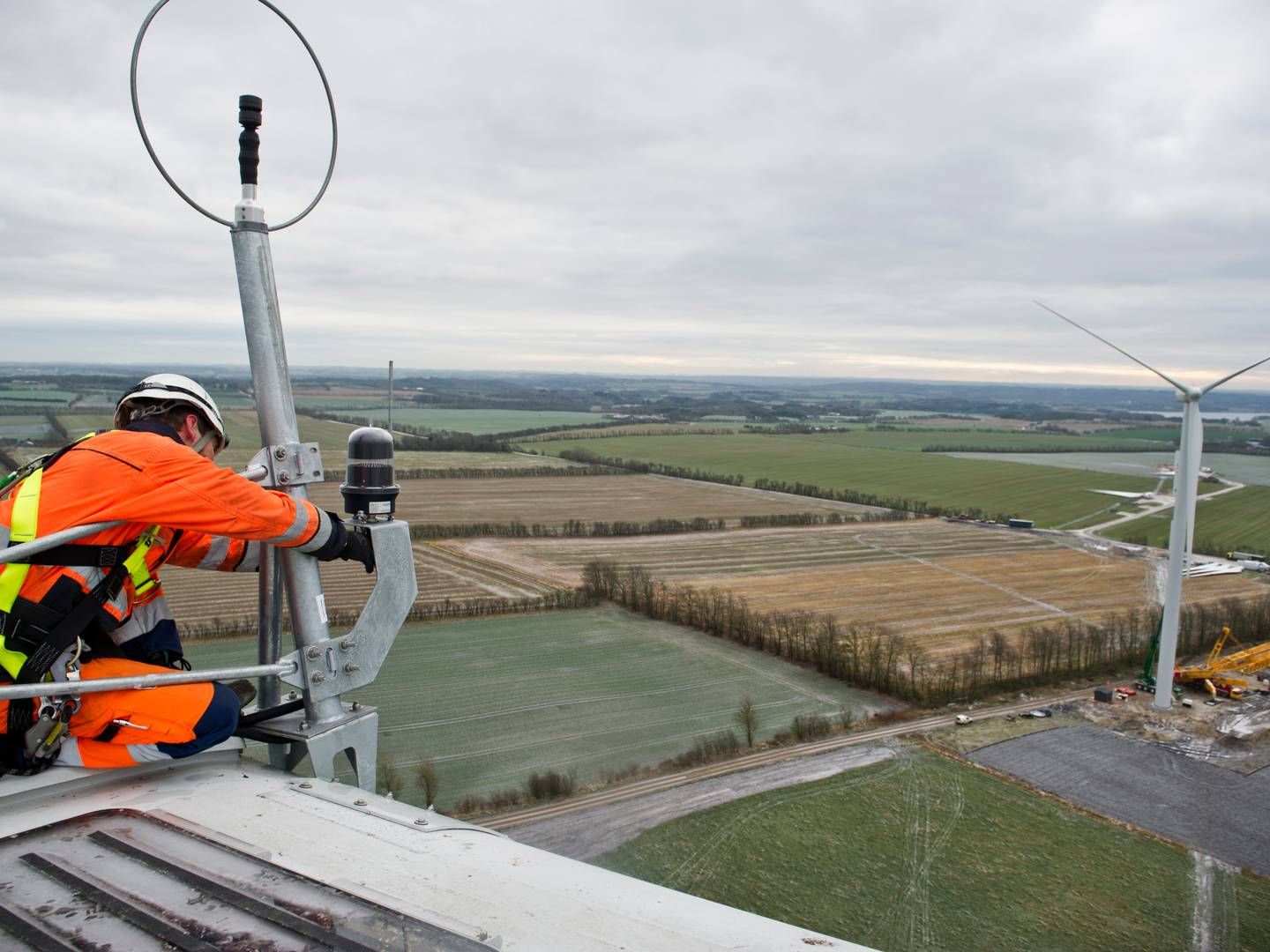



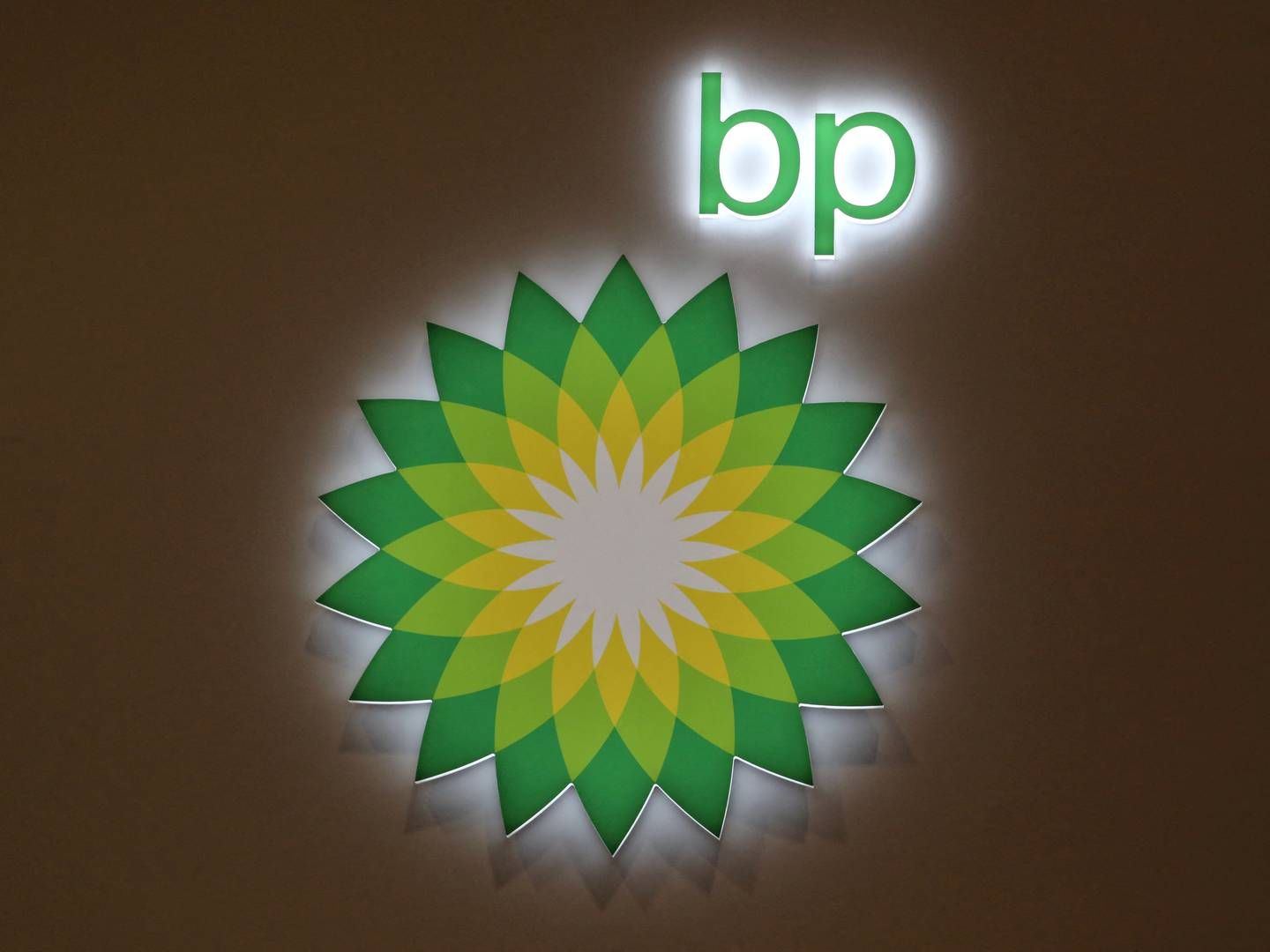



.jpg&w=384&q=75)




